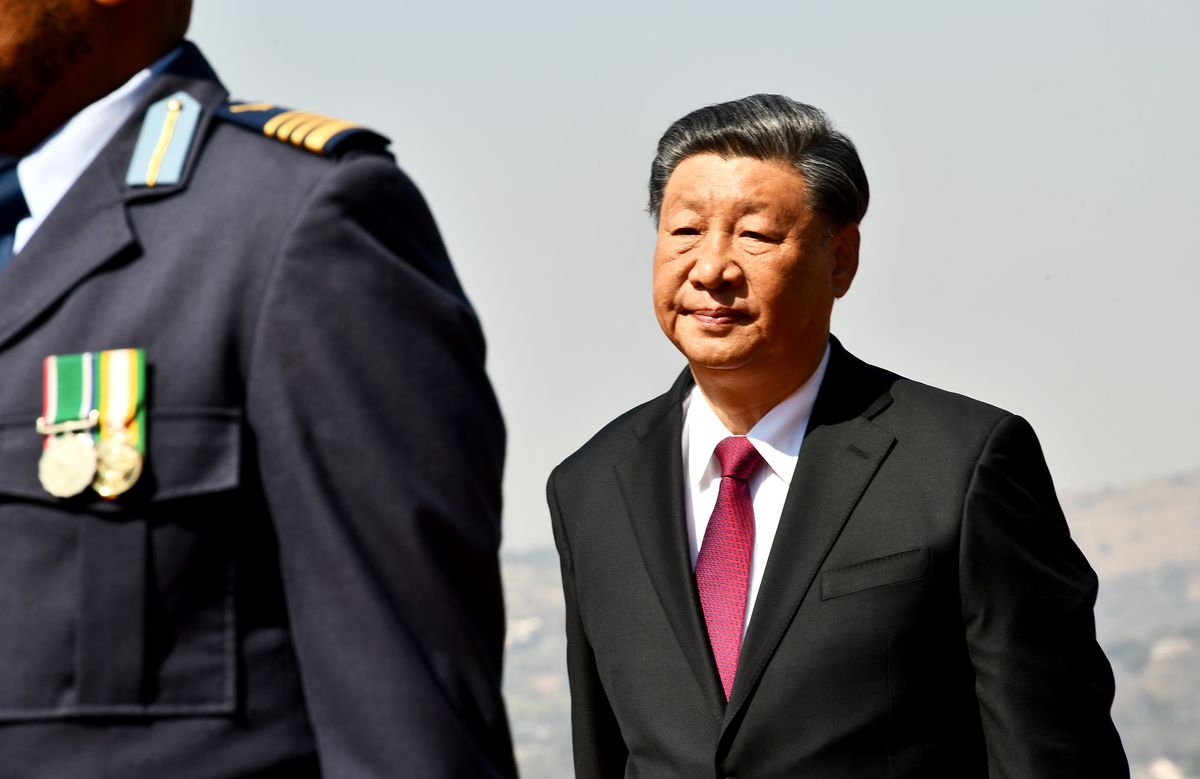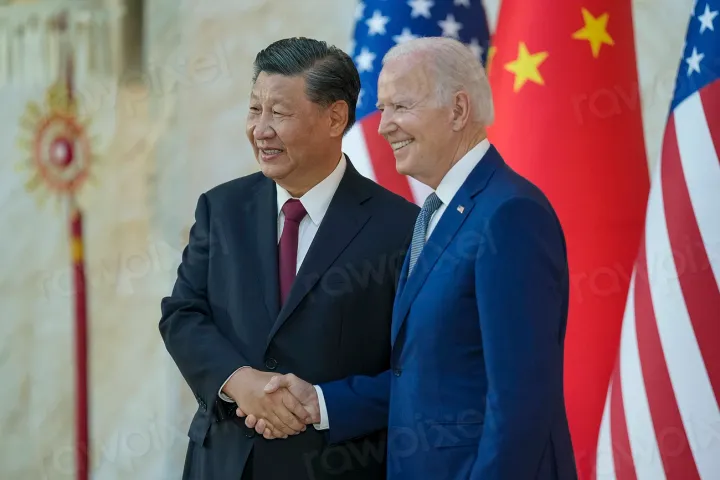China's Economic Revival Faces Growing Headwinds

The Lede: October saw a deceleration in China's consumption recovery and a waning of private business confidence, as concerns are growing about the nation’s ability to achieve its 5% economic growth target for the year, independent surveys and government data have revealed.
What we know:
- According to Paris-based QuantCube Technology, China's post-pandemic economic recovery, initially driven by domestic demand, has hit significant roadblocks, including a real estate sector debt crisis and weak consumer confidence. China's property sector, heavily laden with debt and accounting for 40% of the national GDP, poses a substantial hurdle to economic revival, with dwindling housing demand also affecting iron ore imports and, consequently, constraining construction activity. The QuantCube indicators rely on unconventional data sources, including web search queries, transportation data tracking people's movements, and consumer reviews.
- The CKGSB Investor Sentiment Index's Q3 report indicates ongoing pessimism among Chinese investors regarding the real estate market, with expectations for A-shares slightly lower than the previous quarter but significantly higher than the previous year. While investors maintain confidence in the stock market and China's growth potential, they have become more cautious about the real estate market, with a notable decline in the number of people willing to invest.
- In October, Chinese banks extended 738.4 billion yuan ($101.3 billion) in new loans, a decrease from September but higher than expected, as policymakers took measures to stabilize the economy; household loans dropped, and corporate loans also fell, Reuters reported. Beijing is implementing economic support measures, such as a 1 trillion yuan sovereign bond issuance and allowing local governments to use part of their 2024 bond quotas, but challenges like a property crisis and policy differences with the West are complicating the recovery, with the People's Bank of China expected to continue easing policies to support revival.
The background: China's economic growth has become a significant part of its identity over the past few decades. The country's rapid economic development and transformation into the world's second-largest economy have shaped how China is perceived globally and how it perceives itself. But the economy took a serious toll in the last couple of years.
The real estate crisis in China originated from a history of property speculation, excessive borrowing by developers, and government regulations aimed at curbing rising prices. The "three red lines" policy in 2020 aimed to restrict new borrowing by property developers. This policy led to a collapse of the developers' old fundraising model, where they relied on offshore and onshore bond issuance to support their development activities. As developers faced plummeting sales and waning consumer confidence, many struggled with liquidity concerns, and more than half of the biggest 50 developers went into default.
Meanwhile, confidence among consumers and entrepreneurs in China has not fully recovered due to various policy measures, including Xi Jinping's "common prosperity" campaign, which aimed to tackle inequality and reassert party control over the entrepreneurial class. Business confidence hit a one-year low in August, posing a challenge to China's return to sustained economic growth, as private sector investment shrunk in the first half of the year compared to 2022. China's leadership aims to harness the economic benefits of free enterprise while simultaneously demanding businesses to contribute to political objectives, such as the development of computer chip technology and addressing income inequality.
The second-largest economy also struggles to attract and retain foreign investors due to rising geopolitical tensions and an increase in raids and detentions. An indicator measuring foreign direct investment (FDI) in China has recorded negative figures for the first time since 1998, highlighting China's inability to halt the outflow of capital.
Likely outcomes/Takeaway:
- China faces a complex economic landscape characterized by domestic and international challenges. The outcomes will depend on the effectiveness of policy responses, the resilience of the Chinese economy, and developments in global geopolitics.
- China's ability to navigate these challenges will determine its economic trajectory. Achieving the 5% growth target for the year may require concerted efforts to boost domestic consumption, restore private business confidence, and address the real estate crisis.
- In the current economic landscape, Beijing must take more decisive actions to revitalize the troubled real estate sector and tackle the challenges related to local government debt.
Quotables:
- “The Chinese economy’s strong resilience, ample potential and strong vitality stay unchanged,” Foreign Ministry spokeswoman Mao Ning. “All sorts of comments predicting the collapse of China’s economy keep resurfacing every now and then. But China’s economy has outlived them all. What has collapsed is such rhetoric, not China’s economy.”
- “To multiple, previously very important audiences – like global investors, domestic investors, highly educated young people who are the future of China – there’s not a lot of confidence in the government’s ability to fundamentally turn things around,” Victor Shih, China chair at the University of California, San Diego told the South China Morning Post.
Good Reads:
China’s Economic Recovery Is Losing Momentum, Data Show (Bloomberg)
As China’s economic momentum falters, it strives to maintain hold on global influence, identity (The South China Morning Post)
China hasn’t been this scary for investors in 25 years (CNN)



